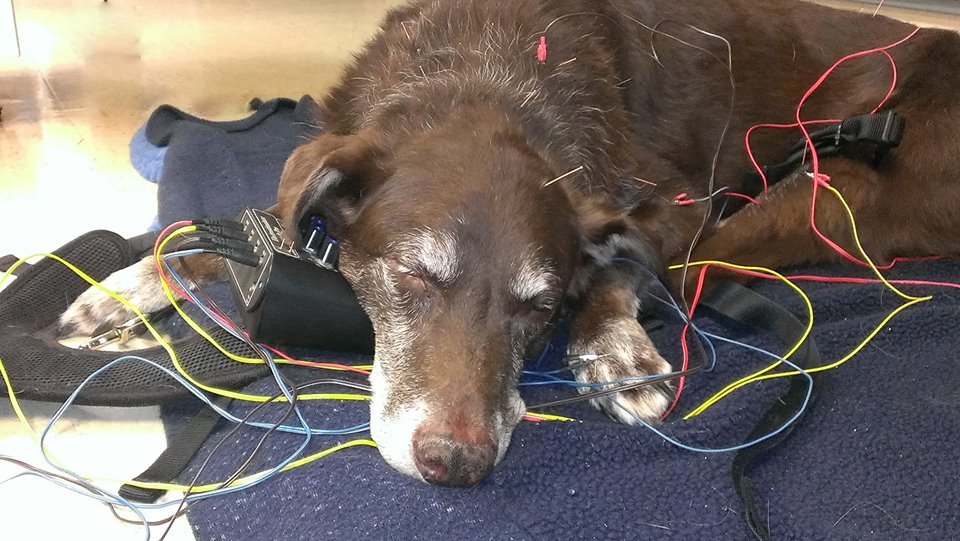Learn how acupuncture can help you or your pet


- © 2023 Graham Hines MRCVS - 07903286439 Contact Me 0


An introduction to Veterinary Acupuncture and how it can benefit your pet